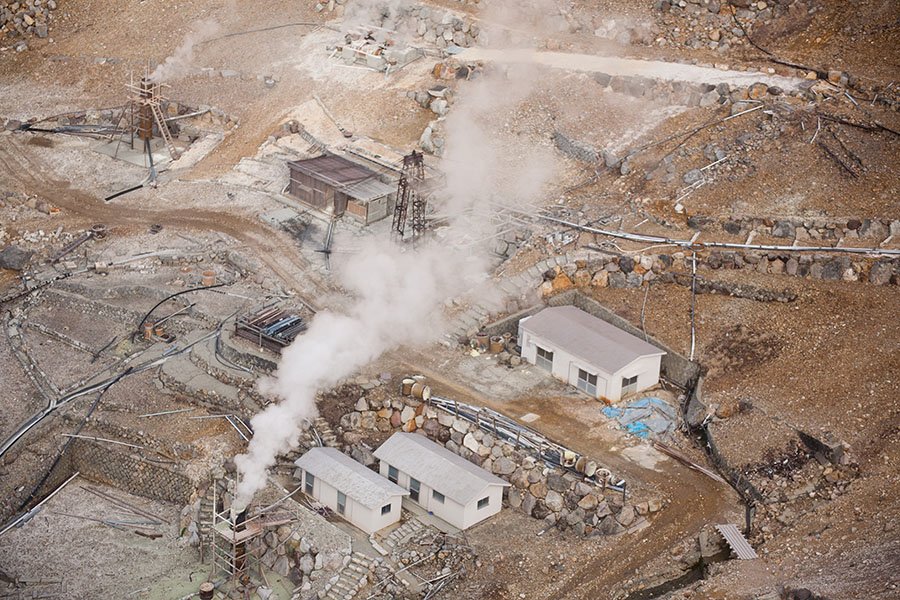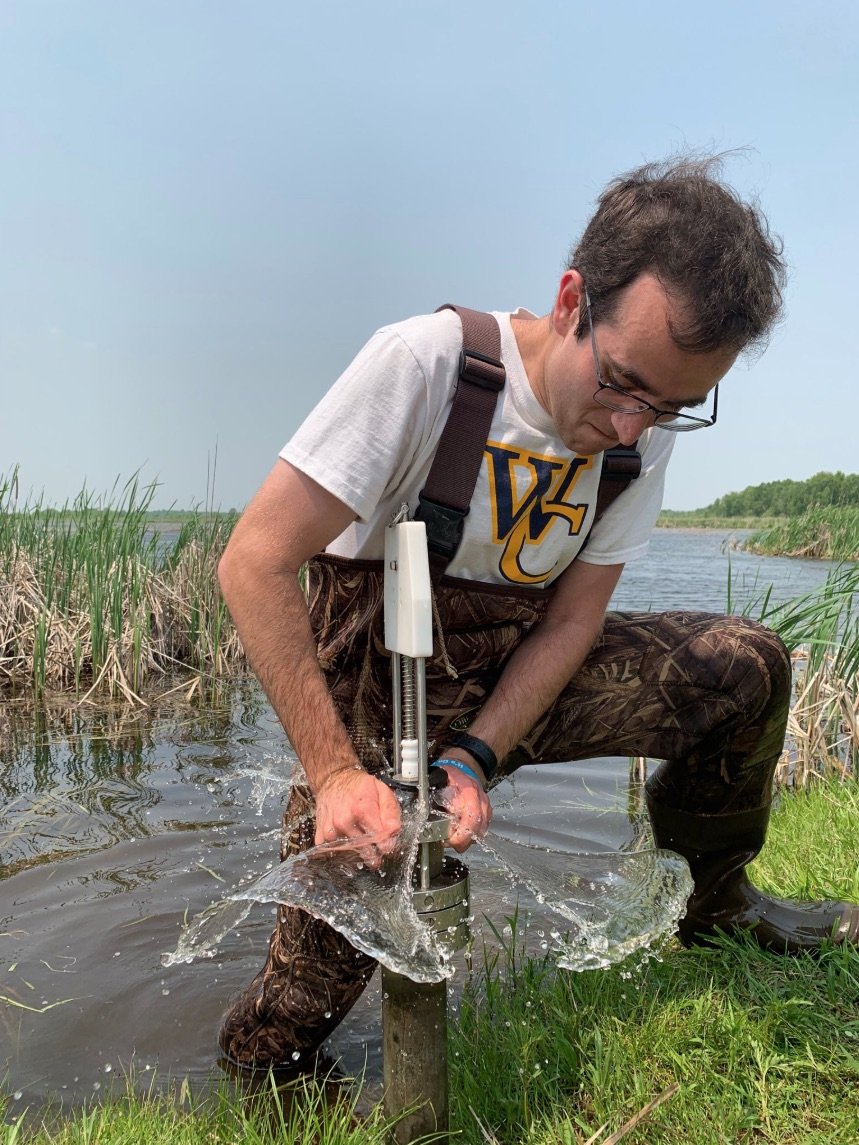About the Environmental Geosciences Major
Environmental Geosciences is the study of the natural processes that control our environment and the associated impacts of human activities.
This major covers natural processes that have been modifying the planet over its entire history, but with a strong focus on understanding the modern system and how it has been affected by human activities. There is less of a focus on deep earth processes in this major than in the Earth Sciences major, and more of a focus on the interactions that occur between soil, water, air, natural resources, and people.

"Environmental geoscience [is] very specifically the type of chemistry and geology that I was interested in."
—Rachel Tripp, Environmental Geoscience major
What You'll Study
Students earning a degree in Environmental Geosciences will develop key observational and analytical skills that enable them to address fundamental questions about the functioning of geoscience systems, especially in relation to hydrology and water quality, soils, mineral resources, and climate change.
This major is particularly well suited to those interested in pursuing geoscience careers in environmental, geological and hydrogeological consulting, industry, and local, state, and federal government agencies.
In addition to acquiring a foundation in the geologic processes that govern water, soil, and natural resource development, students will gain a range of transferable skills, including: written and oral reports; critical analysis and interpretation of data; and group work.
Career Opportunities

Environmental Geosciences students could pursue careers in:
- Environmental consulting
- Geophysics
- Geology
- Hydrogeology
- Exploration geology
- Contaminant remediation
- Soil conservation
- Water management
Bachelor of Arts
Bachelor of Science
What You'll Study
Students earning a degree in Environmental Geosciences will develop key observational and analytical skills that enable them to address fundamental questions about the functioning of geoscience systems, especially in relation to hydrology and water quality, soils, mineral resources, and climate change.
This major is particularly well suited to those interested in pursuing geoscience careers in environmental, geological and hydrogeological consulting, industry, and local, state, and federal government agencies.
In addition to acquiring a foundation in the geologic processes that govern water, soil, and natural resource development, students will gain a range of transferable skills, including: written and oral reports; critical analysis and interpretation of data; and group work.